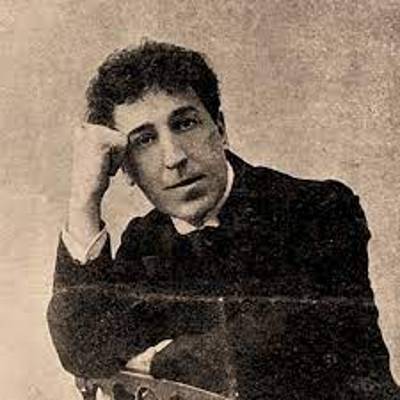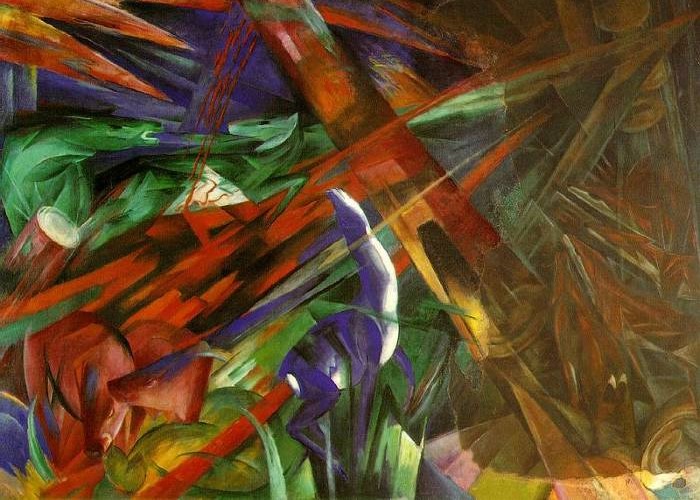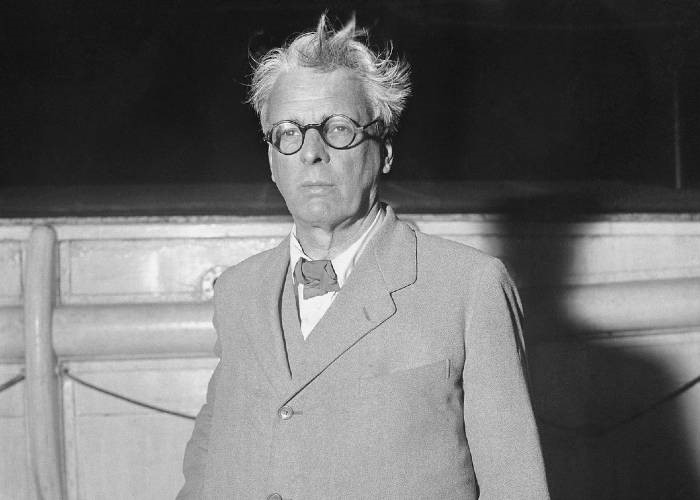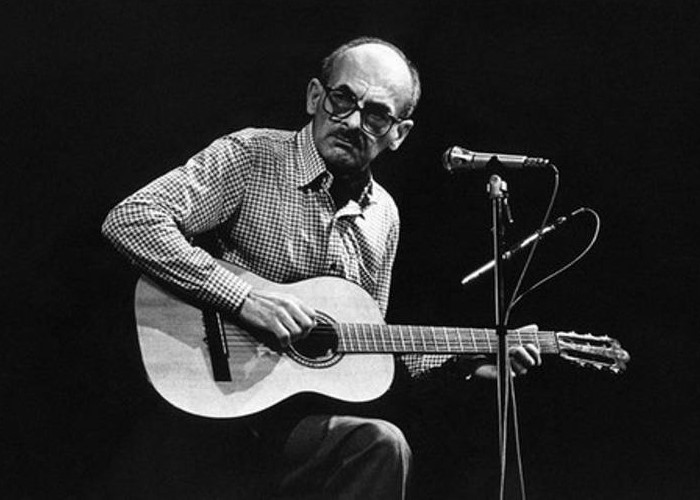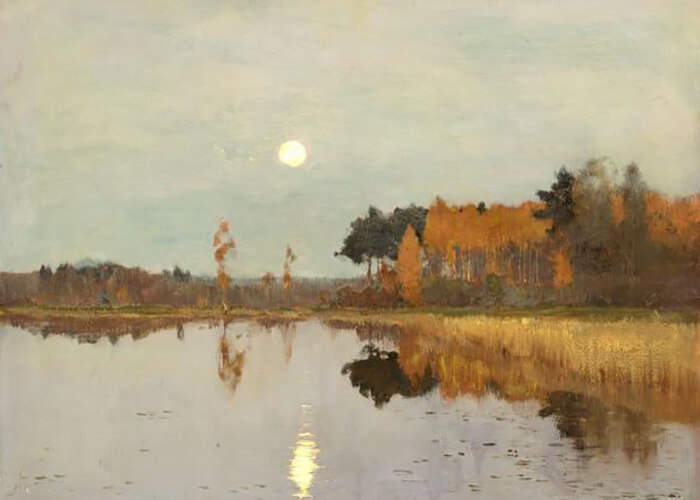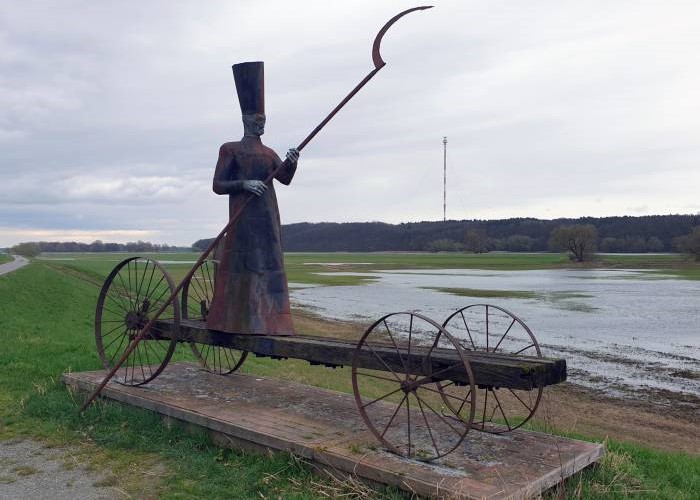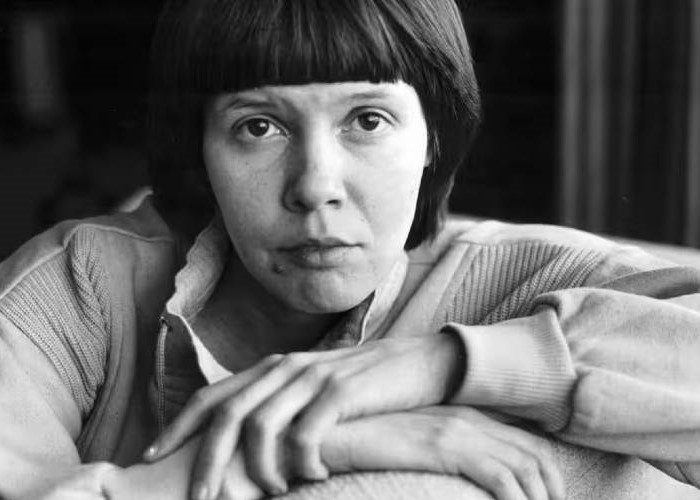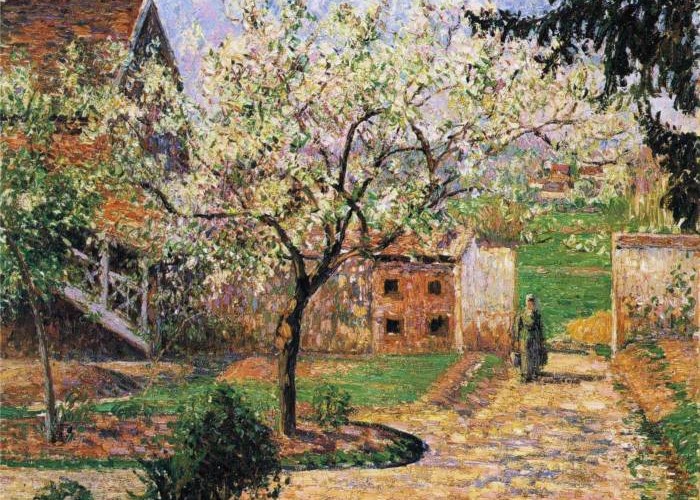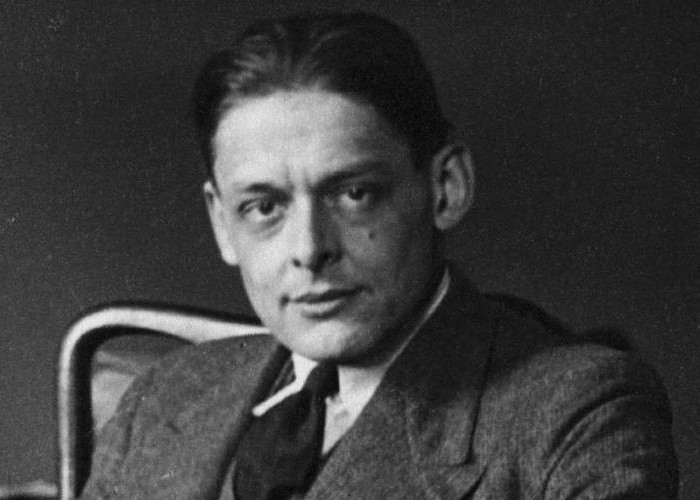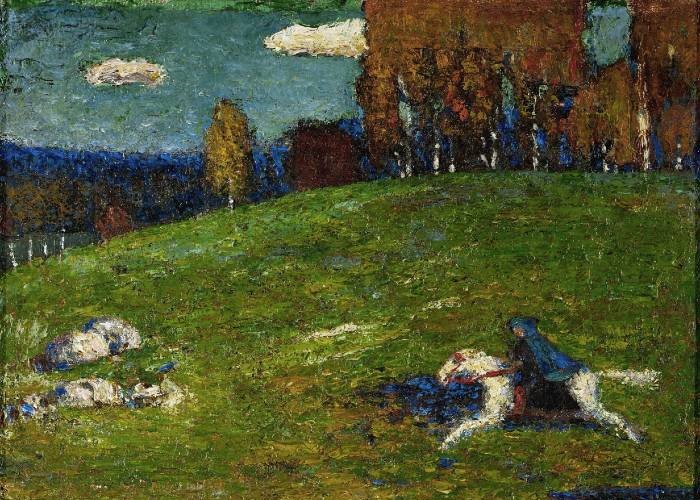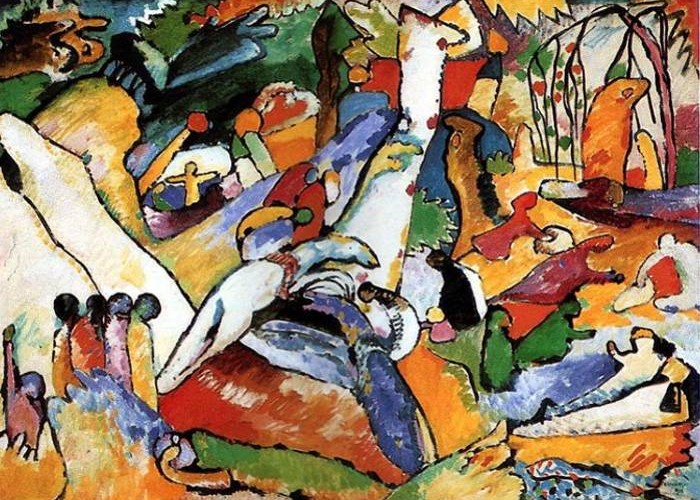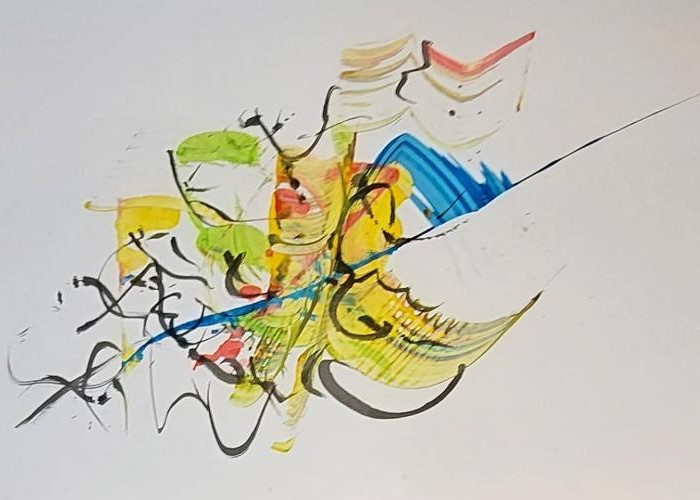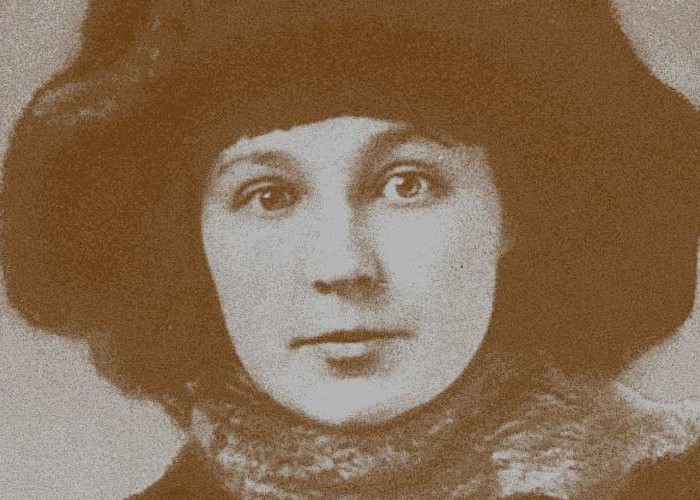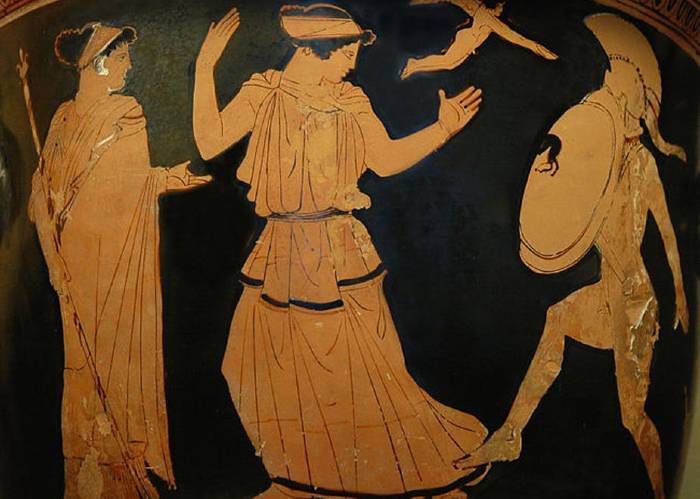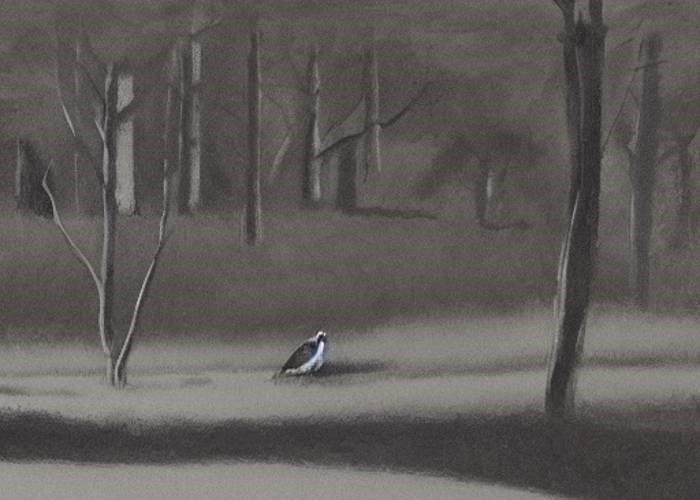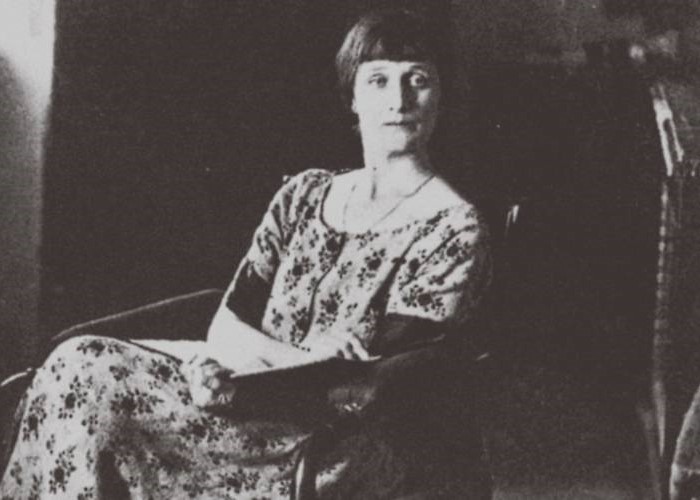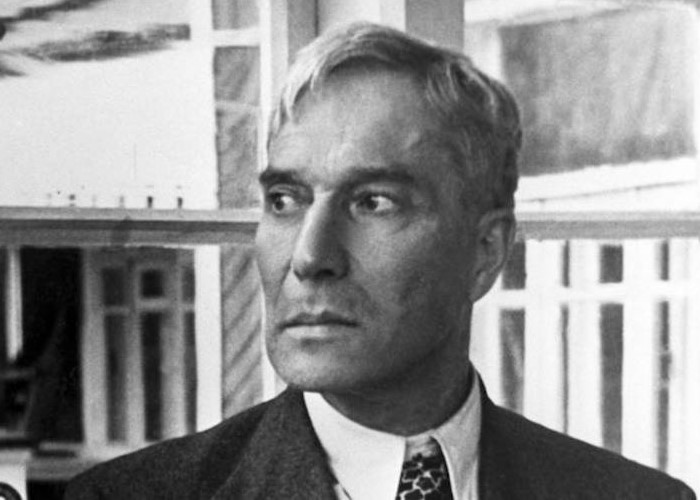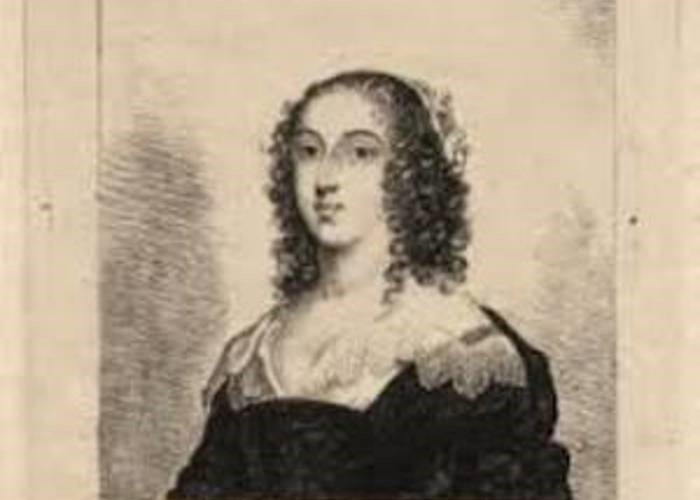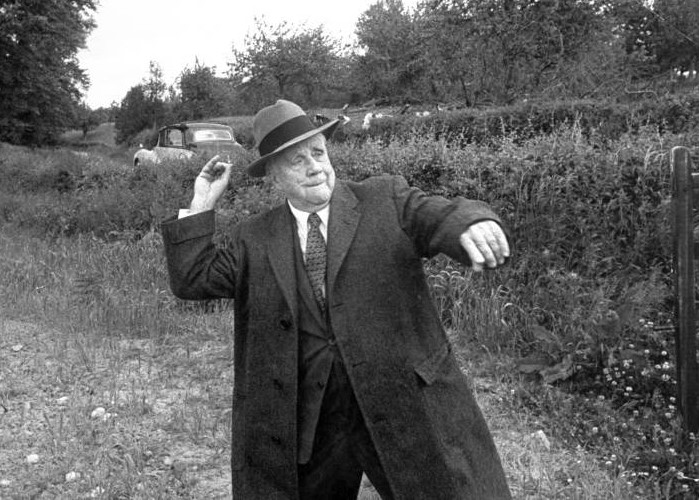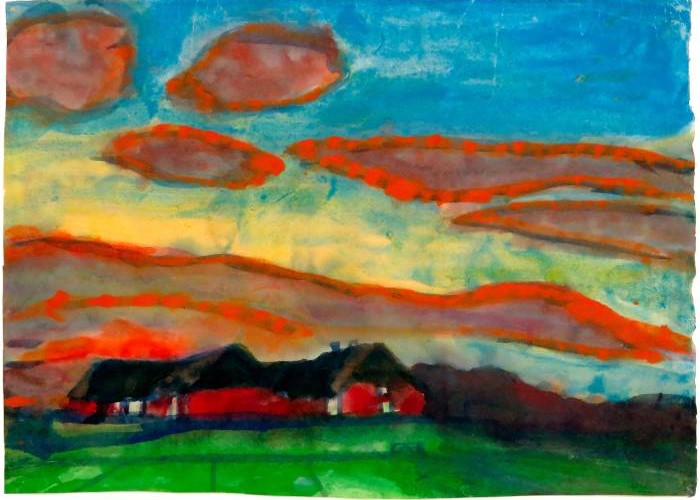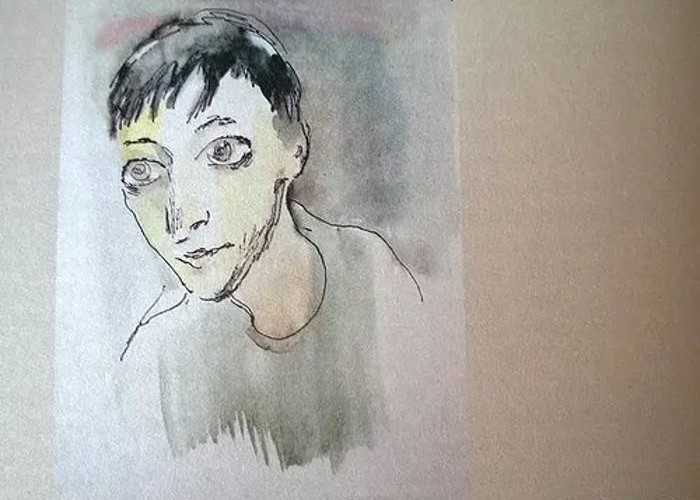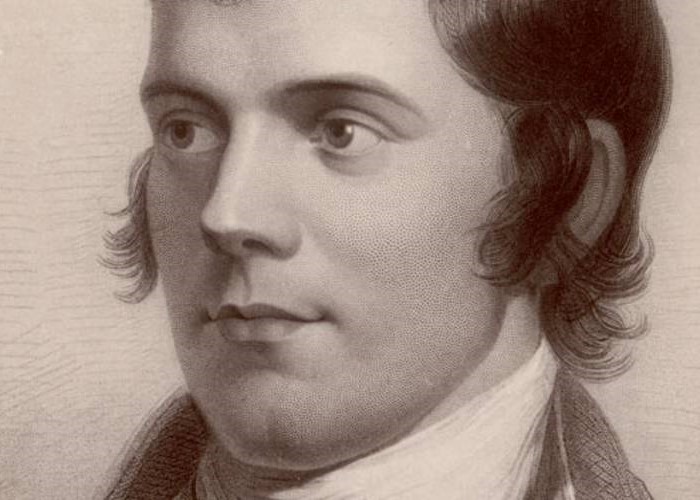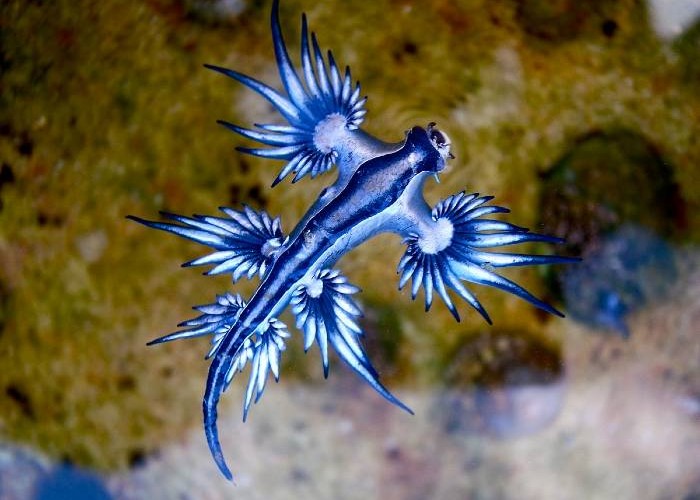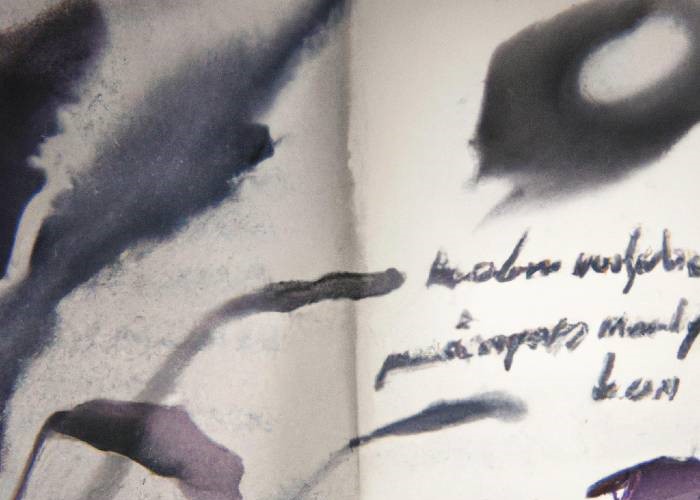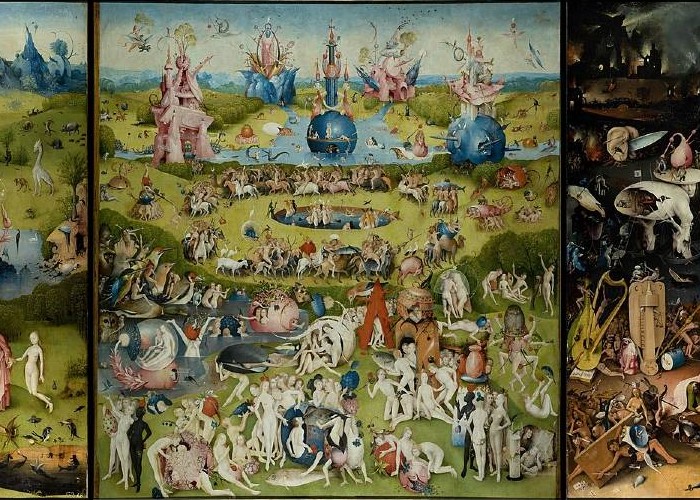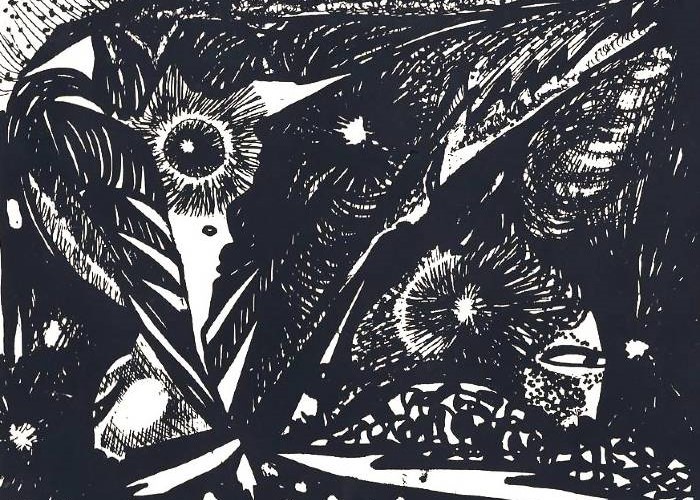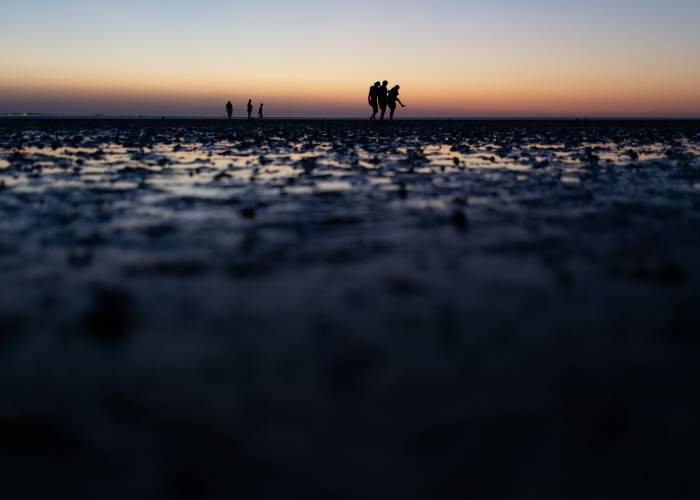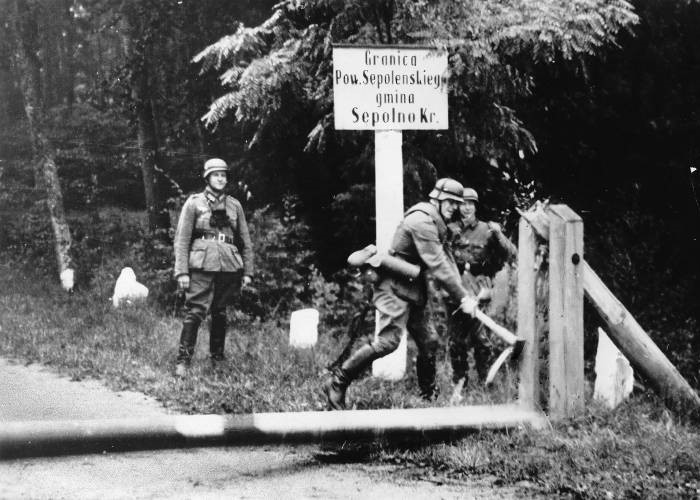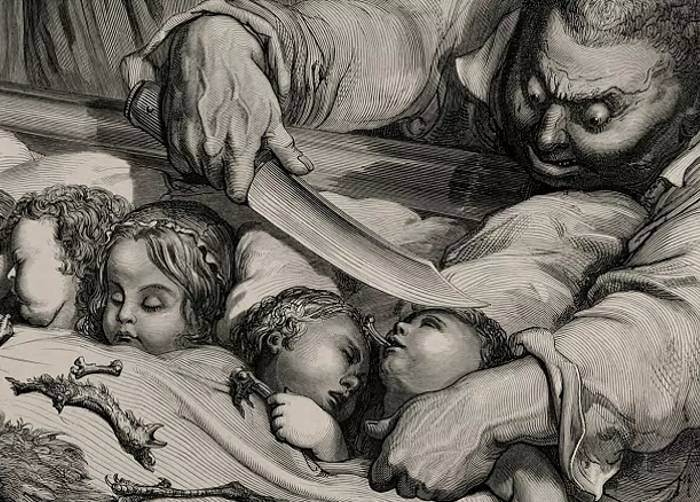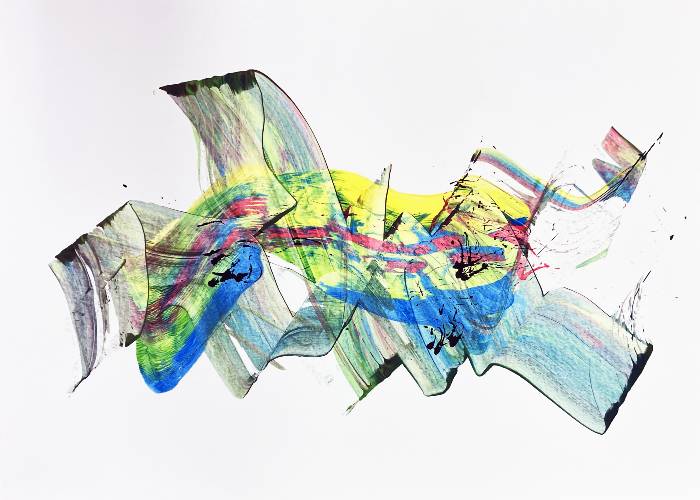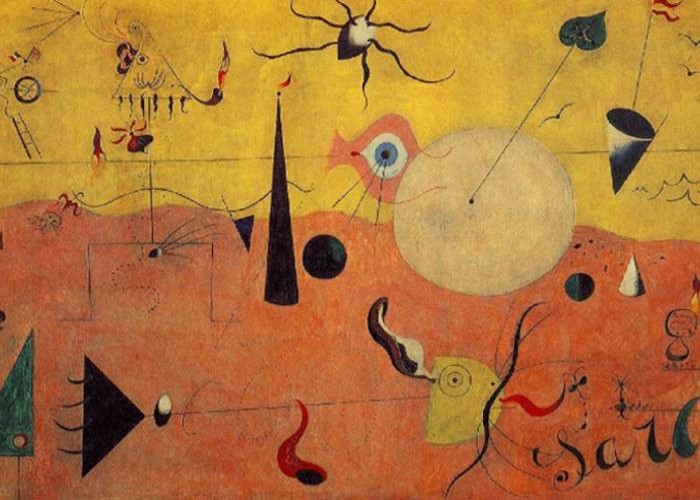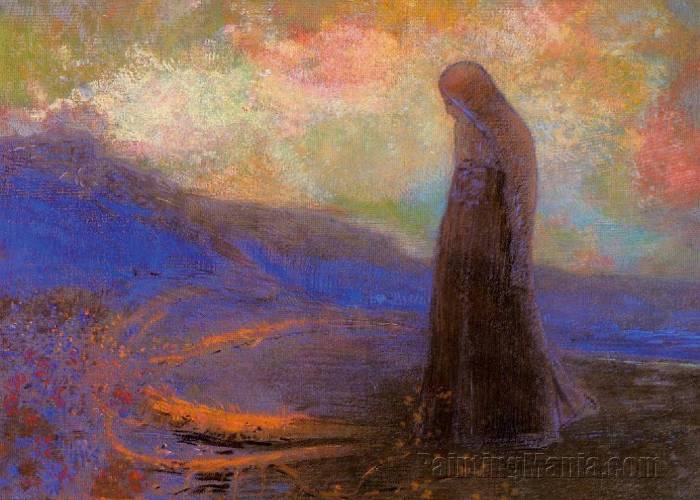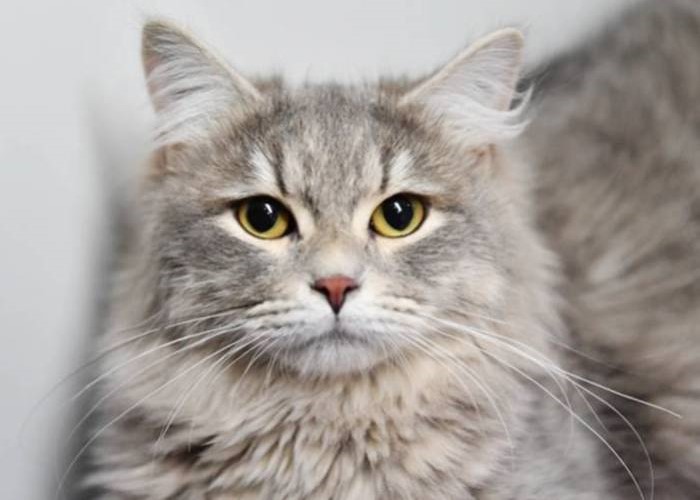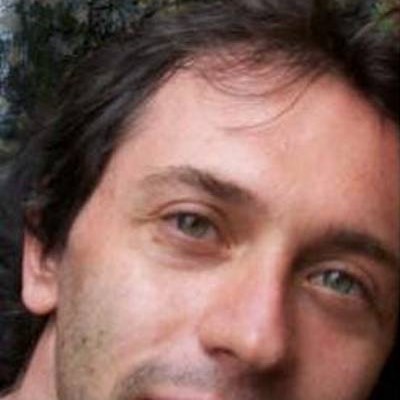Love is Causelessness
Love is a causelessness. Thoughtlessness even.
To love for a reason? I love for I feel.
Love is like a troika, demented and rabid,
Rushing toward a ship that is leaving to sail.
Where to? Does not matter. I like aimless journeys.
Magnolias blooming… Wandering ice…
Fly onward, my troika, in path of a snowstorm,
Where my ship gets ready for watery flight.
Stomp out, my dear troika, discretion and reason,
Smoke with a fire, flaming, foaming and white!
What for? For no reason – my heart’s drunk with freedom
From reason. The ship leaves. On it I’ll take flight.
Любовь – Беспричинность
Любовь – беспричинность. Бессмысленность даже, пожалуй.
Любить ли за что-нибудь? Любится – вот и люблю.
Любовь уподоблена тройке, взбешенной и шалой,
Стремящей меня к отплывающему кораблю.
Куда? Ах, неважно. Мне нравятся рейсы без цели,
Цветенье магнолий… Блуждающий, может быть, лед…
Лети, моя тройка, летучей дорогой метели
Туда, где корабль свой волнистый готовит полёт!
Топчи, моя тройка, анализ, рассудочность, чинность!
Дымись кружевным, пенно-пламенным белым огнём!
Зачем? Беззачемно! Мне сердце пьянит беспричинность!
Корабль отплывает куда-то. Я буду на нём!
It Took Place at the Sea
It took place at the sea, in the foam of the ocean,
Where the carriage of the city rarely arrives.
In the tower of a palace the queen was playing Chopin,
And to the sound of Chopin a page fell in love.
It was all very simple, it was all very dear:
The page asked her to cut pomegranate in half,
And she gave him a half, and the page she did tire,
And to the sound of sonatas the queen fell in love.
And she later submitted, submitted with thunder,
Like a slavegirl the queen slept the night till the day.
It took place at the sea, where the turquoise waves wander,
Where the page’s sonatas and azure foam play.
Это было у моря
Это было у моря, где лазурная пена,
Где встречается редко городской экипаж…
Королева играла – в башне замка – Шопена,
И, внимая Шопену, полюбил её паж.
Было всё очень просто, было всё очень мило,
Королева просила перерезать гранат,
И дала половину, и пажа истомила,
И пажа полюбила, вся в мотивах сонат.
А потом отдавалась, отдавалась грозово,
До восхода рабыней проспала госпожа…
Это было у моря, где волна бирюзова,
Где ажурная пена и соната пажа.
Poem оf а Spring Feeling
You are ready from gloom to suicide,
Hang yourself, or shoot in the mouth.
Wait a while – and the spring will come to your side
After just three more snowy months.
Nightingales of the cherry will whistle,
Full of nightingales cherry will stand.
May go past you the shot from the pistol
And the rope fall apart in your hands.
With the fishing rods made of redwood
People will catch the fish on the hook,
And the swan with white breast and white feathers
Will swim lightly upon the lake.
Mounds will breathe with dampness and drown,
Will send redolence and be green,
And your neck, as it gives a way down,
Will become pouring with rain.
And the bushes under flooding river
Into lilac and cherry will bloom.
Noisy, singing, the spring will deliver
All your girlfriends and also – you.
And will love, and will bloom, and will spring again
All that dimmed in the winter from gloom.
All the dry will be cut by axe-wielding hand
And the juicy will bravely bloom.
Do not kill yourself, do not hang your head,
Rather let your fantasy play.
We will live through these months however we can,
And soon afterwards – it is May!
Поэза весеннего ощущенья
От тоски ты готова повеситься,
Отравиться иль выстрелить в рот.
Подожди три оснеженных месяца,
И закружит весна хоровод.
Будут петь соловьи о черёмухе,
И черёмуха – о соловьях,
Дай-то Бог револьверу дать промахи
И верёвке рассыпаться в прах.
Будут рыб можжевеловой удочкой
Подсекать остриями крючка.
Будет лебедь со снежною грудочкой
Проплывать по реке, так легка.
Будут почки дышать влагой клейкою,
Зеленеть и струить аромат.
И, обрадованные лазейкою,
Ливни шейку твою обструят.
Зачеремушатся, засиренятся
Под разливной рекою кусты,
Запоют, зашумят, завесенятся
Все подруги твои, как – и ты.
Зазвенит, заликует, залюбится
Всё, что гасло зимой от тоски.
Топором всё сухое отрубится,
Смело сочное пустит ростки.
Чем повеситься, лучше загрезиться.
Не травись и себя не стреляй.
Как-нибудь перебейся три месяца,
Ну, а там недалеко и май!
And She Died Young…
And she died young,
Like she always wanted to die!..
There, where willow over water sorrows,
Thus now and onward she reposes.
As such, she could not with the breath
Warm the sunset dense,
To die young she desired,
And at a young age she died.
On side of passer-by roads
Cemetery, and in it – an island,
And in coffin, like in oak armor
Sleeps the princess with no worries, no tears.
Sleeps and sees through the ground – all through –
Someone light with a dream bends
Over grave and whispers: “It came true, –
And at a young age she died”.
He, who prays with dream – who?
He would sing in deceased duet?
How many songs were lived by the soul?
He’s a poet! He’s a poet! He’s a poet!
May it only to poet be dear,
May it only to poet shine as a star!
The myrrh saw the foe in antiquity, –
And at a young age she died.
И она умерла молодой
И она умерла молодой,
Как хотела всегда умереть!
Там, где ива грустит над волной,
Так покоется ныне и впредь.
Как бывало, дыханьем согреть
Не удастся ей сумрак густой,
Молодою ждала умереть,
И она умерла молодой.
От проезжих дорог в стороне
Есть кладбище, на нем – островок,
И в гробу, как в дубовой броне,
Спит царица без слёз, без тревог.
Спит и видит сквозь землю, – насквозь, –
Кто-то светлый склонился с мечтой
Над могилой и шепчет – “Сбылось, –
И она умерла молодой.”
Этот, грёзой молящийся, – кто?
Он певал ли с погибшей дуэт?
Сколько песен душой прожито?
Он поэт! Он поэт! Он поэт!
Лишь поэту она дорога,
Лишь поэту сияет звездой!
Мирра в старости зрила врага, –
И она умерла молодой.
Cultivated Lilac Blooming
In violet and purple bloomed the lilac,
The lilac bloomed in pink and white and pale.
We headed toward it on a tortuous trail
Across an ancient fir and furrowed park.
Sea to the left; river ahead, and hills –
Behind; the blooming lilacs on the mounts
Weave from the gentle smell delightful clouds
And breathe the timeless redolence that heals.
The lilac bloomed, and to my love I told:
“If only I could take pen in my hand!”
And she responded sharply in her stead:
“The lilac blooms – large, and like ruby and like gold.”
The night is fickle, nervous, luminous.
The kisses, nibbles until lips turned blue.
There’s so much taste and elegance in you
The lilac bloomed – the bodies bloomed in us.
Расцвет Сирени Культивированной
Цвела сирень малиново-лилово,
И бело-розово сирень цвела…
Нас к ней тропа зигзагами вела
Чрез старый парк, нахмуренный елово.
Налево море, впереди река,
А там за ней, на кручи фор, сирени
Уже струят фиоль своих курений
И тают из аромата облака.
Цвела сирень, и я сказал Фелиссе:
“Руке моей не только брать перо!…”
И отвечало мне она остро:
“Цветёт сирень – и крупная, и бисер…”
Ночь нервная капризна и светла.
Лобзанья исступленнее укуса….
В тебе так много тонкости и вкуса.
Цвела сирень, – у нас цвели тела.
